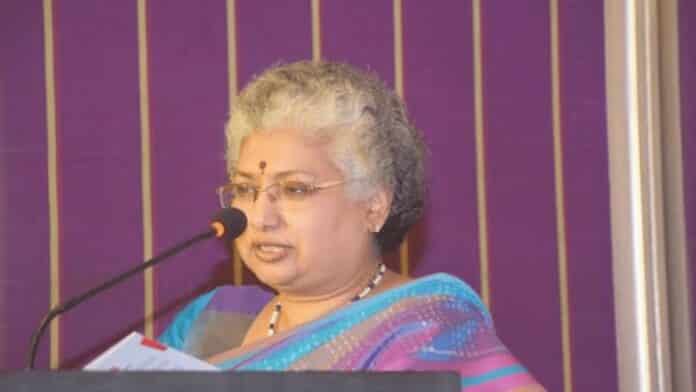At the ‘National Annual Stakeholders Consultation on Protecting the Rights of Children Living with Disabilities’, Supreme Court Justice B V Nagarathna called for focused policy reforms to eliminate barriers for differently-abled children, enhancing their integration into society. The event, organized by the Supreme Court’s Juvenile Justice Committee in collaboration with UNICEF, was aimed at addressing the rights and needs of children with disabilities.
Delivering the inaugural address, Justice Nagarathna emphasized the necessity of grounding disability-related policies in comprehensive research and accurate data. “In a world of limited resources and numerous priorities, it’s crucial that our approaches are informed and deliberate,” she stated. The event also featured the release of a handbook on inclusive terminology by Chief Justice of India D Y Chandrachud, intended to guide the legal and societal discourse on disability.
Justice Nagarathna highlighted the various societal barriers that hinder the full participation of differently-abled children, including inaccessible services, the lack of assistive technology, and inadequate support for caregivers. “Removing these barriers is essential not only to provide equal opportunities but to ensure these children can lead fulfilling lives as part of the community,” she explained.
The Justice outlined several specific measures necessary to improve the lives of differently-abled children. These include enhancing accessibility to various services such as medical, legal, educational, and counselling services, and providing increased social security to families of children with disabilities. She also called for regular surveys and the introduction of disability indicators to better tailor services and support.
Moreover, Justice Nagarathna addressed the social challenges faced by differently-abled children, such as bullying, which can lead to severe mental distress and social withdrawal. “These experiences can increase their vulnerability, making them more likely to need care and protection, or even to come into conflict with the law,” she noted.
She advocated for greater cooperation across government departments to ensure that children with disabilities receive justice and are not criminalized for their conditions, particularly those with learning and intellectual disabilities.




